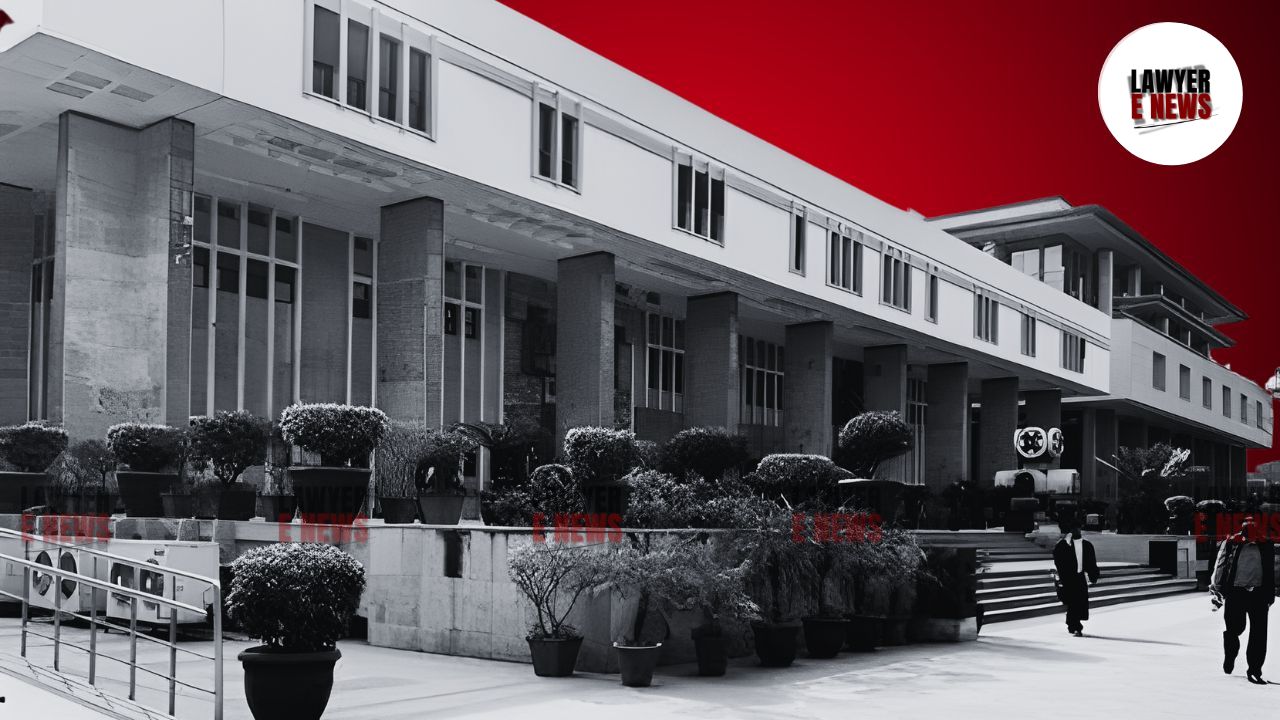-
by sayum
14 February 2026 2:22 PM



Orders to return the plaint reversed; case transferred to Commercial Court for proper adjudication. The High Court of Delhi, on July 9, 2024, addressed a significant jurisdictional challenge in the case of "Jageshwar Dayal vs. K.K. Kapoor." The court, presided over by Justice Shalinder Kaur, set aside the trial court’s orders dated September 27, 2022, and January 25, 2023, which had returned the plaint due to jurisdictional issues. The High Court underscored the importance of proper filing procedures in commercial disputes, transferring the case to the appropriate commercial court.
Jageshwar Dayal, the petitioner, initially filed a suit against K.K. Kapoor in the Additional District Judge-03, Tis Hazari Courts, Delhi, seeking recovery of ₹8,94,882 for piping work done. After several procedural hurdles and jurisdictional challenges, including a transfer to the Dwarka Courts, the trial court ultimately returned the plaint citing a lack of jurisdiction as the dispute was commercial in nature. This led to the petitioner filing the current petition under Article 227 of the Constitution of India.
Justice Shalinder Kaur highlighted the procedural missteps in handling the jurisdictional aspects of the case. The trial court initially failed to transfer the suit to the appropriate commercial court, despite recognizing its commercial nature. The High Court emphasized the necessity for lower courts to adhere to the jurisdictional mandates of the Commercial Courts Act, 2015.
The High Court applied Section 24 of the Civil Procedure Code (CPC) to transfer the case directly to the competent commercial court. The court cited precedents that support the transfer of cases to the appropriate jurisdiction to prevent procedural delays and ensure efficient adjudication.
The High Court criticized the trial court’s decision to return the plaint twice, causing unnecessary delays. "The repeated return of the plaint due to jurisdictional issues demonstrates a procedural inefficiency that must be rectified to uphold the principles of swift justice," Justice Kaur remarked.
The judgment emphasized that the interest of justice is better served by transferring the case to the Commercial Court rather than returning the plaint. This approach ensures that the matter is heard expeditiously, and procedural technicalities do not hinder the resolution of the dispute.
Justice Kaur reiterated the statutory provisions under the Commercial Courts Act, which mandate that commercial disputes must be adjudicated in specialized commercial courts. The judgment clarified that the provisions of Section 24 of the CPC empower the High Court to transfer cases to the appropriate forum to rectify jurisdictional errors.
Justice Kaur stated, "The interest of justice could adequately be met while exercising the powers under Section 24 of CPC, transferring the suit to the Commercial Court to be tried as per law from the stage it is at present."
The High Court’s ruling underscores the judiciary’s commitment to ensuring proper jurisdictional adherence in commercial disputes. By transferring the case to the Commercial Court, the judgment aims to expedite the legal process and reinforce the procedural framework for commercial litigation. This decision is expected to have a significant impact on future cases, emphasizing the need for proper jurisdictional compliance to facilitate swift and effective justice.
Date of Decision: July 9, 2024
